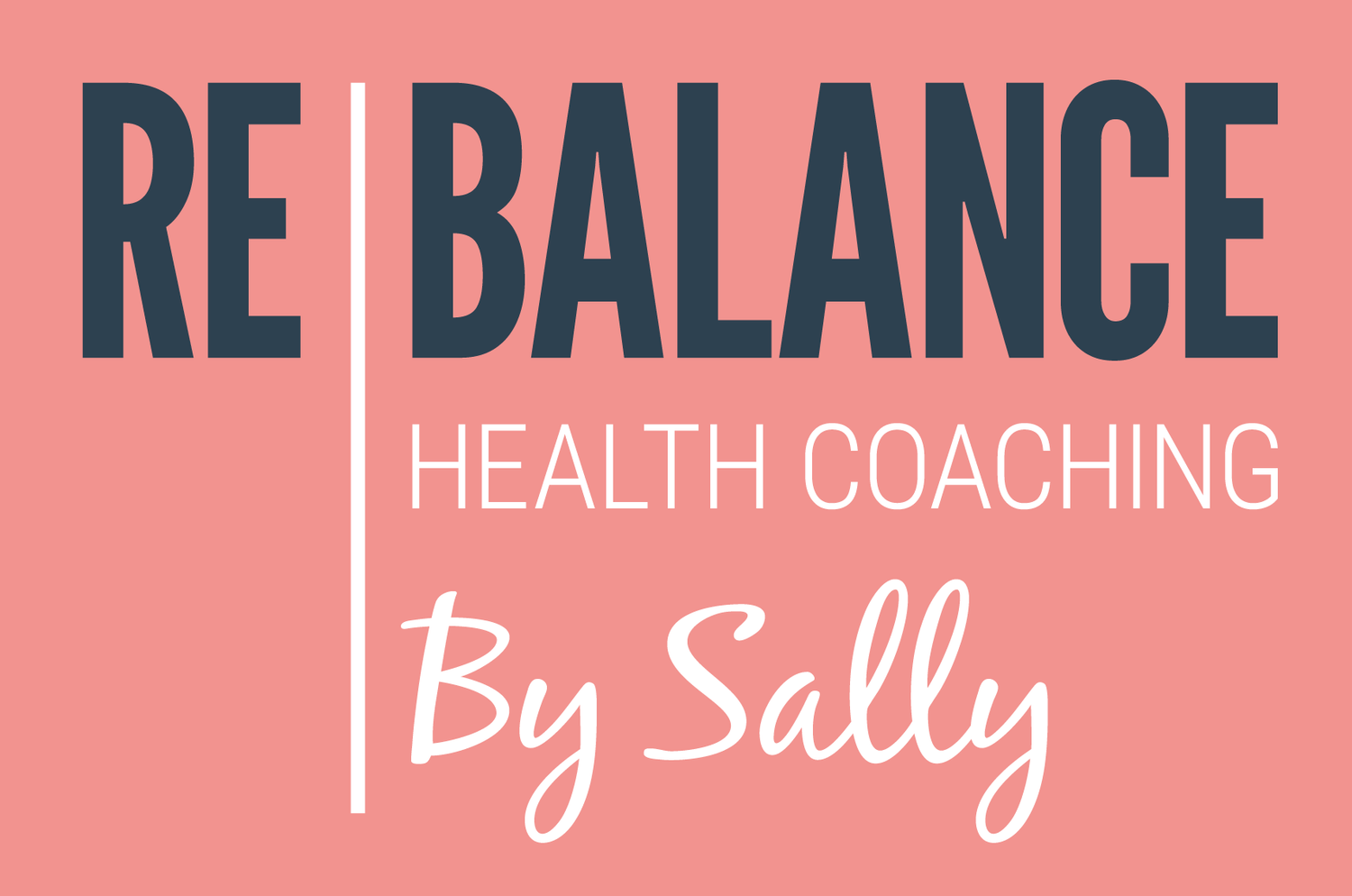Beat the Bloating
Managing Bloating During Menopause
Bloating is a common symptom of perimenopause and menopause which can often be uncomfortable and distressing. It was the symptom that I personally suffered with the most and it lasted the longest. I’ve had clients tell me they feel like a super model in the morning but look 8 months pregnant by the evening!
As a health coach for menopause, I understand the challenges many women face and the importance of addressing them through holistic approaches, including nutrition and gut health.
This article provides practical tips to help alleviate bloating during menopause.
*Always consult a GP or medical practitioner if bloating persists.
Why do we experience menopausal bloating?
Bloating during menopause is primarily due to hormonal fluctuations, particularly changes in oestrogen and progesterone levels. These hormones can affect water retention and digestion, leading to feelings of fullness, tightness or abdominal tension.
During perimenopause and menopause, low levels of stomach acid can also contribute to a feeling of over-fullness, especially right after eating. Stomach acid is crucial for the digestion of proteins, so insufficient levels can result in undigested food passing into the small intestine, leading to bloating. Factors such as aging, chronic stress, alcohol consumption, and bacterial infections can all contribute to reduced stomach acid production.
The importance of gut health for bloating
Gut health plays a crucial role in managing bloating, especially during menopause. The gut is home to trillions of bacteria that play a vital role in digestion, metabolism, and overall well-being. An imbalance in the gut microbiome can lead to digestive issues, including bloating. Maintaining a healthy gut flora is essential for efficient digestion and nutrient absorption, which helps reduce gas and bloating. Additionally, a healthy gut can enhance immune function and reduce inflammation, further contributing to a reduction in bloating symptoms. Therefore, supporting gut health through nutrition and lifestyle changes is key to alleviating menopausal bloating.
Nutrition tips to reducing bloating
1. Incorporate fibre-rich foods
Increasing dietary fibre can promote regular bowel movements and prevent constipation, a common cause of bloating. Most people eating a western diet do not eat enough fibre. The current recommendation for adults is 30g of fibre per day. Aim to include a variety of fibre-rich foods in your diet, such as:
Whole grains like oats quinoa, and brown rice
Fruits such as apples, berries, and pears
Vegetables like broccoli, carrots, and leafy greens
Legumes, including beans, lentils, and chickpeas
Fruit & vegetables with an edible skin should be eaten unpeeled for extra fibre. e.g. wash your carrots thoroughly but don’t peel them and eat potatoes with the skin on.
Increase your dietary fibre slowly over time to avoid discomfort in the digestive system.
2. Stay hydrated
Drinking plenty of water is essential for good digestion and can help reduce water retention. Aim for at least 1.5 to 2 litres of water per day. If it’s hot or you’re exercising you should aim to drink more. Herbal teas such as peppermint or ginger can also be soothing for the digestive system.
3. Reduce salt intake
Excessive salt can lead to water retention and increased bloating. Limit your intake of processed and packaged foods, which often contain high levels of sodium. Instead, flavour your meals with herbs and spices like basil, rosemary, or turmeric.
4. Choose healthy fats
Incorporate healthy fats into your diet to support hormone production and reduce inflammation. Sources of healthy fats include:
Avocados
Nuts and seeds, such as almonds, walnuts, and flaxseeds
Olive oil and coconut oil
Oily fish like salmon, mackerel and sardines
5. Limit sugary and processed foods
Sugary and processed foods can disrupt gut health and lead to bloating. Minimise your consumption of sweets, cakes, sugary drinks, and refined carbohydrates. Opt for whole, unprocessed foods to support digestive health.
Supporting Gut Health
1. Probiotics and fermented foods
Probiotics are beneficial bacteria that can enhance gut health and improve digestion. Incorporate fermented foods into your diet, such as:
Natural and Greek Yogurt
Kefir
Sauerkraut
Kimchi
Miso
2. Prebiotic Foods
Prebiotics are types of fibre that feed the ‘good’ bacteria in your gut. Foods rich in prebiotics include:
Garlic
Onions
Leeks
Asparagus
Bananas
Jerusalem artichokes
3. Apple Cider Vinegar
A teaspoon of apple cider vinegar added to a small glass of water taken before a meal can help to support stomach acid levels. This is helpful if you often have a feeling of over-fullness even after a small meal.
4. Manage Stress
Stress can negatively impact digestion and contribute to bloating. Incorporate stress-reducing practices into your daily routine, such as:
Mindful meditation
Yoga or Pilates
Walking in nature
Deep breathing exercises
Adequate sleep and rest
5. Regular Physical Activity
Engaging in regular physical activity can help stimulate digestion and reduce bloating. Aim for at least 30 minutes of moderate exercise most days of the week. Activities like walking, swimming, or cycling can be particularly beneficial.
Bloating during menopause can be uncomfortable, but with the right dietary and lifestyle changes, it is possible to alleviate symptoms and improve overall health and well-being. By focusing on a balanced diet, supporting gut health, and incorporating stress management techniques, you can effectively manage bloating and enhance your quality of life during menopause.
We can help
Every woman’s experience of menopause is unique, so we provide personalised advice tailored to your specific needs. If you’re ready to take control of your health and take control of your menopause, we’re here to help you. See more information about our programmes Health Coaching for menopause or get in touch for a complimentary 30 minute consultation to see how we can help improve your symptom Book call



